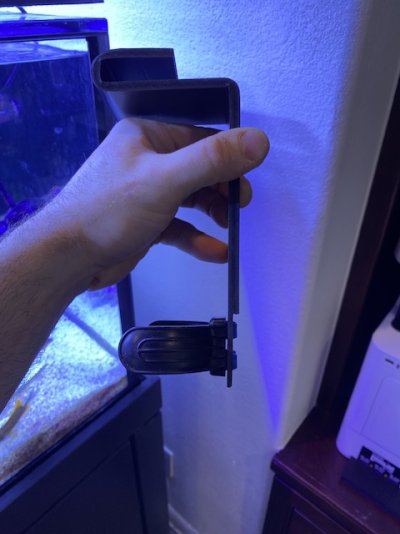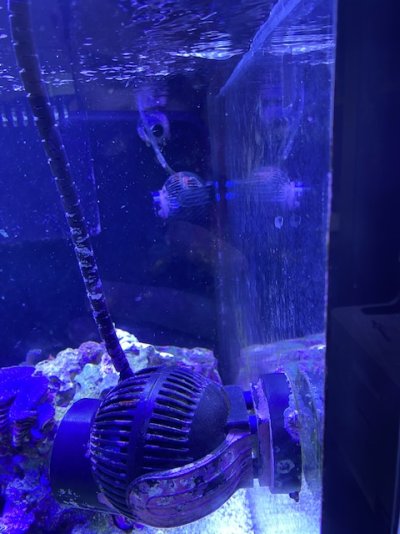redfishbluefish
Stay Positive, Stay Productive
View Badges
Staff member
Super Moderator
Reef Squad
Partner Member 2024
Excellence Award
Article Contributor
NJRC Member
Hospitality Award
My Tank Thread
Let me get this straight, you are puzzled and don't think vinegar caused your 2 MP40 wet sides to fail. You start with saying you don't believe you ever used vinegar. Then your very next sentence you say you may have cleaned with vinegar a couple times. Not sure anyone can help you on this one.
I most certainly left the window open, but simply wanted to fully disclose that I might have dipped these a couple times back in 2016 when I was "discovering" the vinegar theory. Once the light bulb went off in my head, it was citric acid only. And, if I did do this, it was way back in 2016. It would have had to "fester" for years to cause this swell and split. It is possible, but I'm leaning more towards product issues now.verses festering vinegar.



















